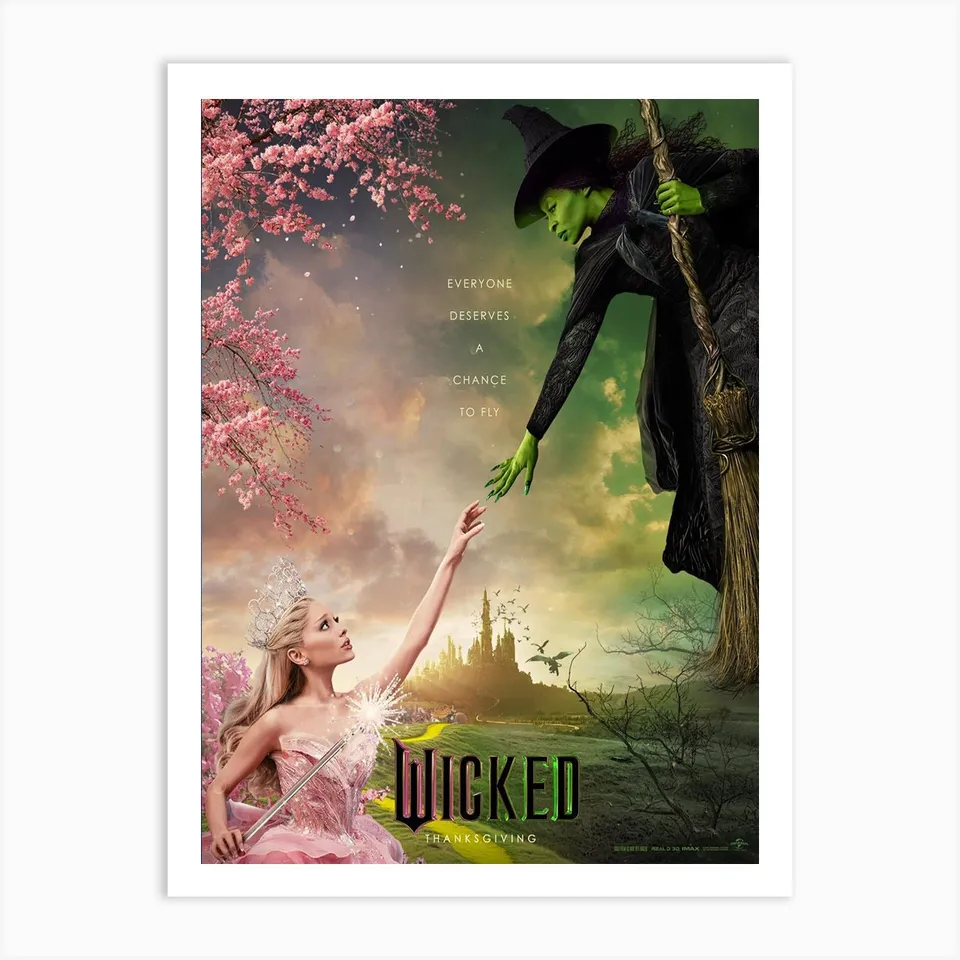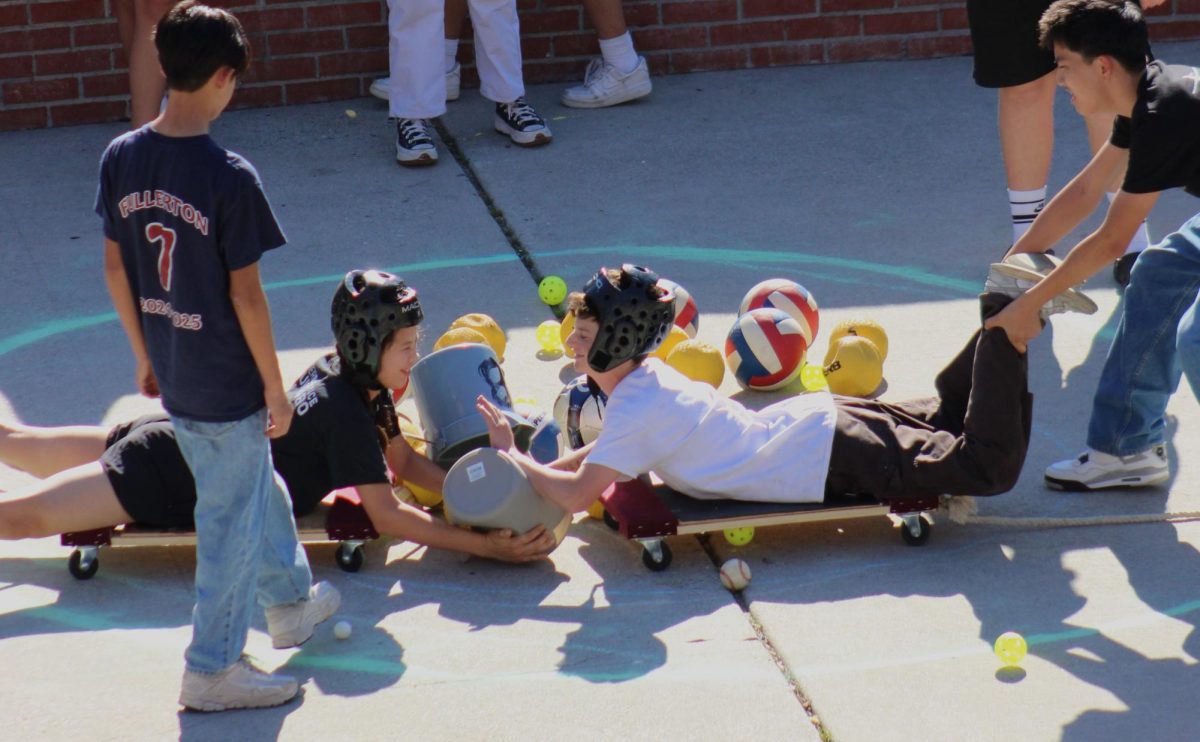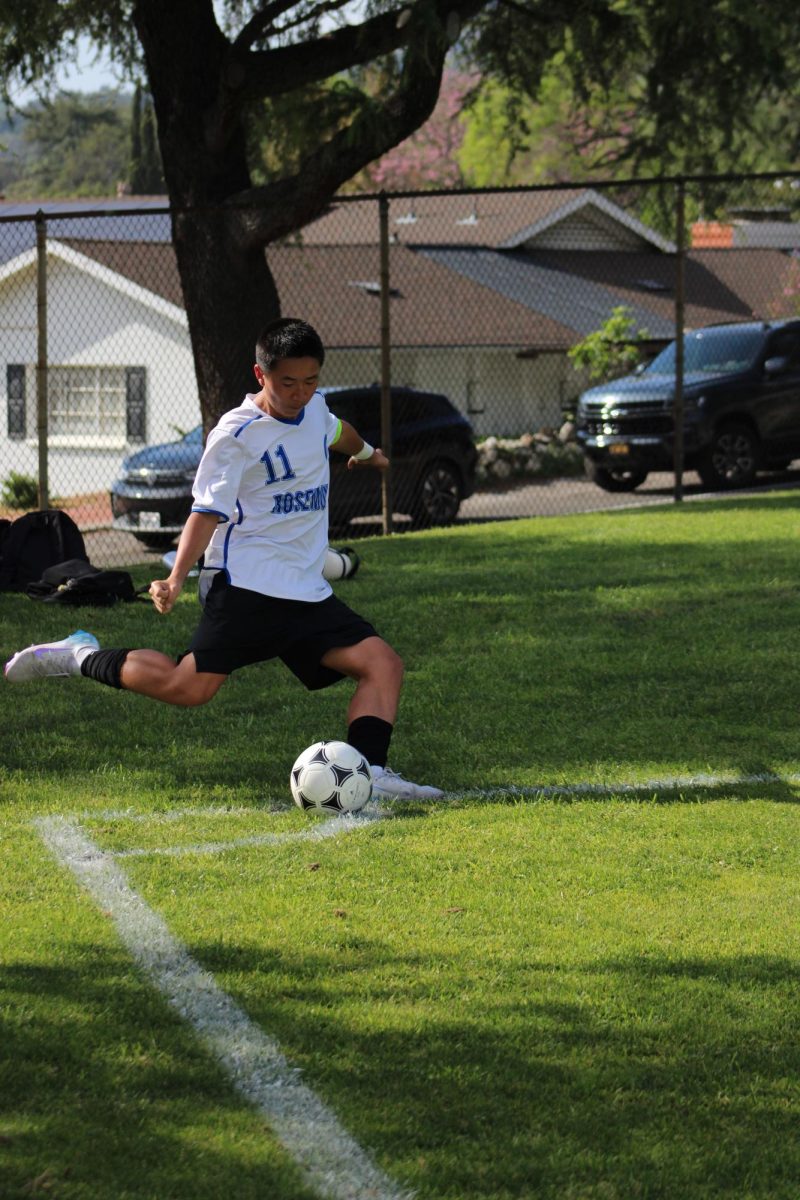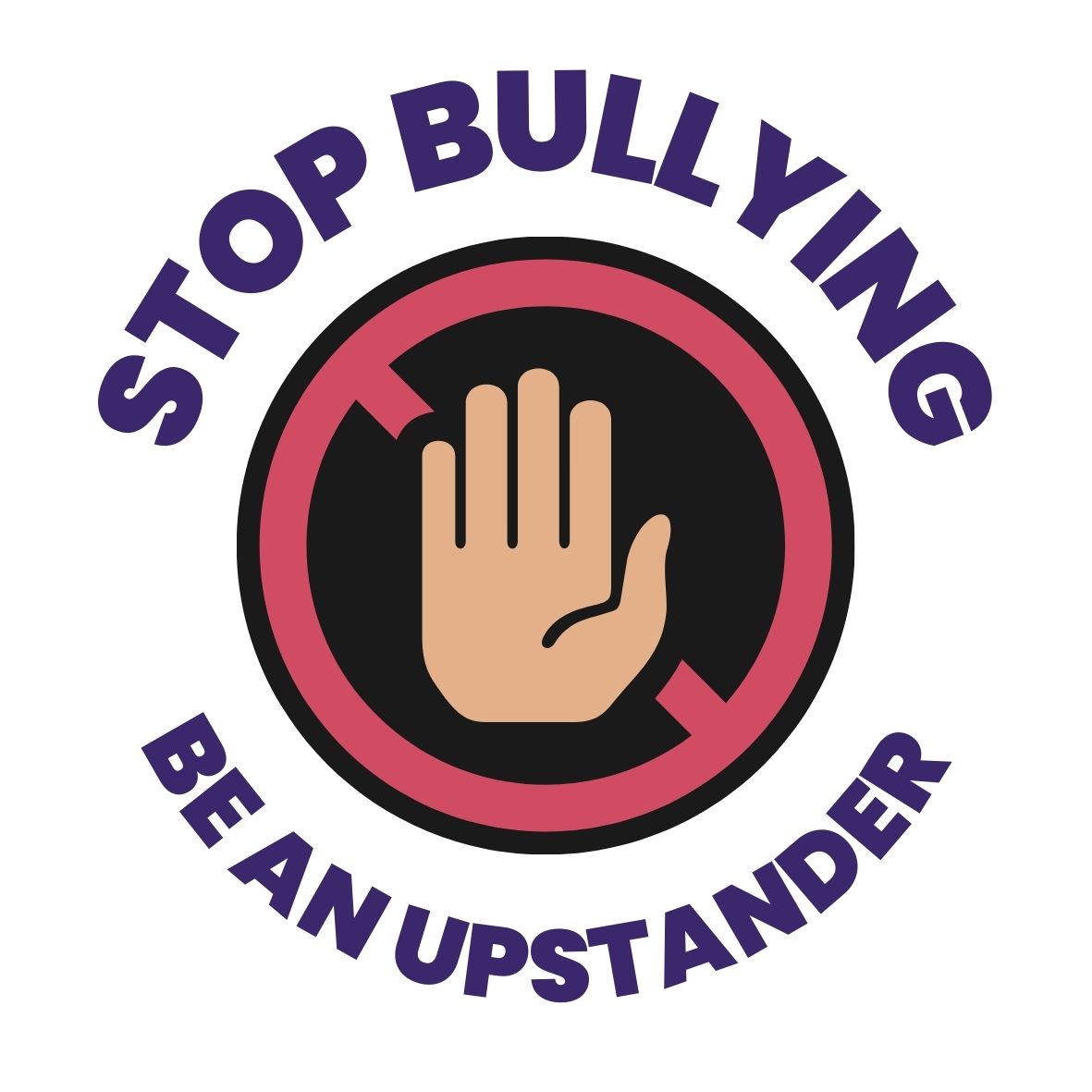Bullying, a word once used only to describe the highest of recurring physical assault and mental terror, has been reduced to a meaningless word used to describe any minor offence. Although all offences are important, it is important to remember what bullying really means. The Centers for Disease Control and Prevention defines bullying as “any unwanted aggressive behavior(s) by another youth or group of youths, who are not siblings or current dating partners, that involves an observed or perceived power imbalance, and is repeated multiple times or is highly likely to be repeated.” This can be split up into three main parts:
Unwanted Aggressive Behavior
Personally, I believe that the most important part of this phrase is the word unwanted. Friends, especially in middle school, will roughhouse and insult each other as a form of endearment. While it can be perceived as disrespectful, this is not bullying, since it is unwanted. Along with this, the behavior has to be aggressive. Accidentally bumping into a student in the hallway, or saying something that is accidentally perceived as insulting is not bullying, since there were no aggressive intentions.
An Observed Power Imbalance
An observed power imbalance is an important aspect of bullying when involving communication. Power imbalance could mean anything from strength, to popularity, to confidence. If there is no power imbalance bullying, it will be easy to talk to the person about their behavior, and defending yourself would be simple. But, if someone is stronger, more popular, or overly confident that they won’t get caught, it is easy for them to bully innocent people.
Repeated
When being interviewed, Mrs. Park was adamant about the students at Rosemont knowing that one of the main aspects of bullying was that it was repeated. She states, “Bullying is being used for thoughtless, mean, and cruel behavior…People overuse the word to encompass allactions and behavior that they don’t like.” While one time mean behavior is not okay, it should not be referred to as bullying. If an insult, mean exchange of words, or loud gossip is a one time incident, that’s all that it is. An incident. There are incident reports at Rosemont, which emphasizes the importance of not being a bystander in any situation, but it is important to be able to tell the difference between an incident and bullying.
Overall, bullying is a topic that should not be taken lightly, and the word should not be used without the certainty that the incident is bullying. Lastly, it is important to discuss the punishment of bullying, or any other incident that causes harm.
Punishment
When asking Mrs. Park what her forms of punishment are, she explains that they are different depending on many factors. If there is a one-time verbal incident, without harm, and if the ‘offender’ has no other incidents on their record, they will either get a warning or a minor punishment, such as trash pickup. If this is a repeated offence, or the infliction is more major and more evidence-based (such as cyberbullying or direct verbal attacks) the student could get detention or suspension based on the severity of the words they said or wrote. If the attack is physical, no matter what the student’s past record is, they will get immediate suspension. This is a good reminder that even though something is not technically bullying, it does not mean that there won’t be consequences.
The way students use the word bullying now is to describe any form of pain, major or minor, inflicted by any peer or even friend. This may seem harmless, but the more students use the word bullying, the less meaning the word has, and if a word has little meaning, people are less likely to act on it when mentioned.
Is it Bullying?
Story continues below advertisement
Donate to The Spartan Scroll
$0
$1500
Contributed
Our Goal
Your donation will support the student journalists of Rosemont Middle School. Your contribution will allow us to purchase equipment and cover our annual website costs.
Navigate Left
-
Arts & EntertainmentComing Soon
-
Arts & EntertainmentThe musical master behind Tim Burton's films
-
Arts & Entertainmentvenom the last dance
-
Arts & EntertainmentWinter Break
-
 Arts & EntertainmentTyler, the Creator Chromakopia Album
Arts & EntertainmentTyler, the Creator Chromakopia Album -
Arts & EntertainmentK-pop comes to Rosemont
-
 Arts & EntertainmentWicked, a worthy musical
Arts & EntertainmentWicked, a worthy musical -
Arts & EntertainmentSushi Showdown
-
Arts & EntertainmentNewest music headines
-
 Arts & EntertainmentTrending Halloween Costumes for 2024
Arts & EntertainmentTrending Halloween Costumes for 2024
Navigate Right
About the Contributors

Vivienne Harutyunyan, Arts & Culture Writer
Vivienne is a new 8th grader who moved here from New York. She went to a Spanish elementary school in Glendale for three years, and she can still speak conversational Spanish. She started playing tennis during COVID-19 as a hobby since she had a tennis court near her house, and it quickly became one of her favorite sports. Once she moved to New York during COVID, she and a few friends started a newspaper for her middle school. Over the summer she learned how to make clothes, using a sewing machine. After a few years of living in New York, her family decided to move back to California, where she started attending Rosemont Middle School. She likes to write, draw, and go shopping.

Timofey Tkachev, Senior Web Editor
Timofey Tkachev is a journalist who loves cats. He enjoys coding, riding my bike, swimming and had experience making a newspaper in his elementary school as well as last year at Rosemont.
Timofey is Russian-Ukrainian-Polish and has friends in the US, Russia, Ukraine, Germany, Italy, and other countries. He grew up in Moscow and moved to the US when he was five. Before moving to the US, his family went on one-month trips to different countries in Europe every winter and summer. His first plane flight was when he was one year old. Timofey has been to Germany, France, Italy, Spain, Switzerland, Austria, Liechtenstein, and more.











